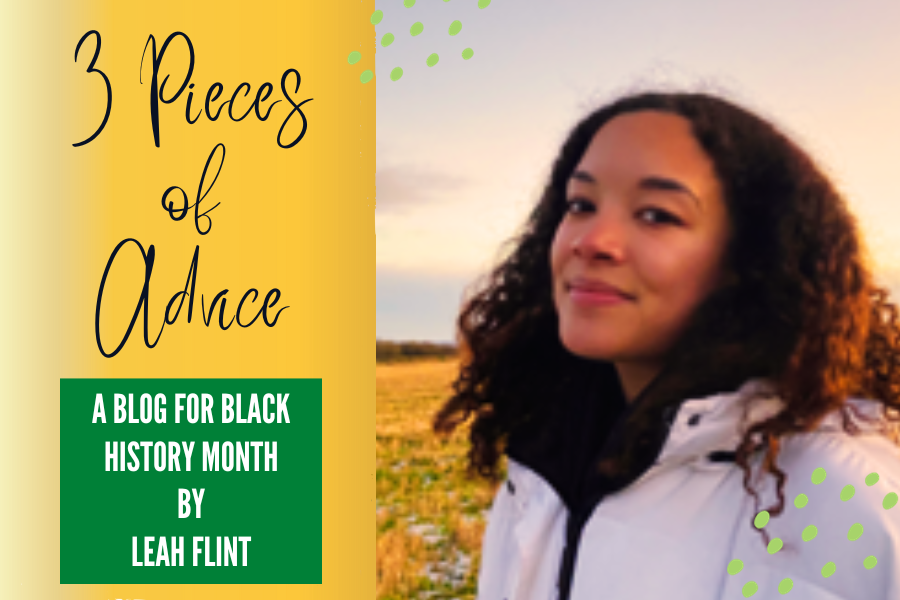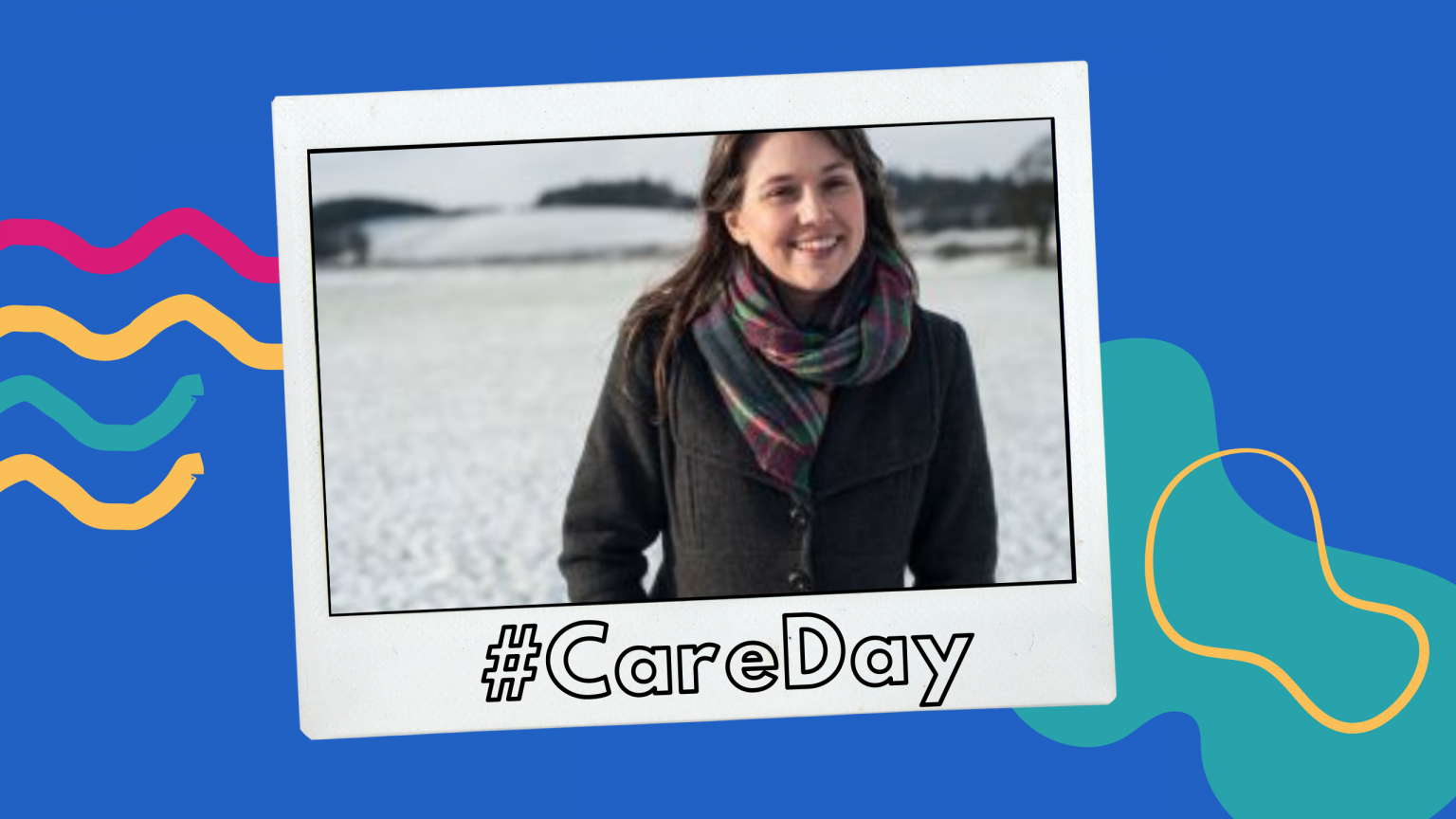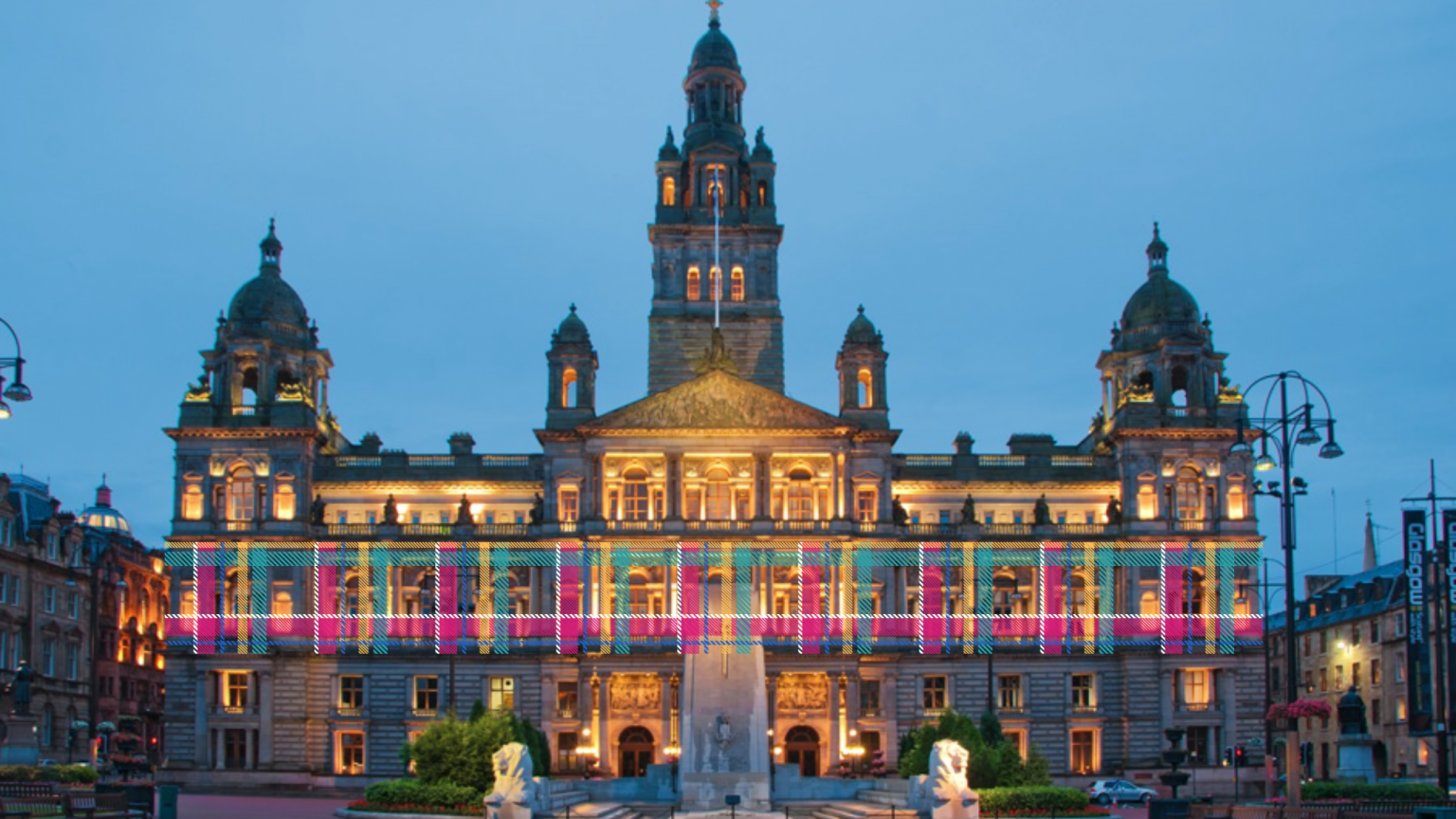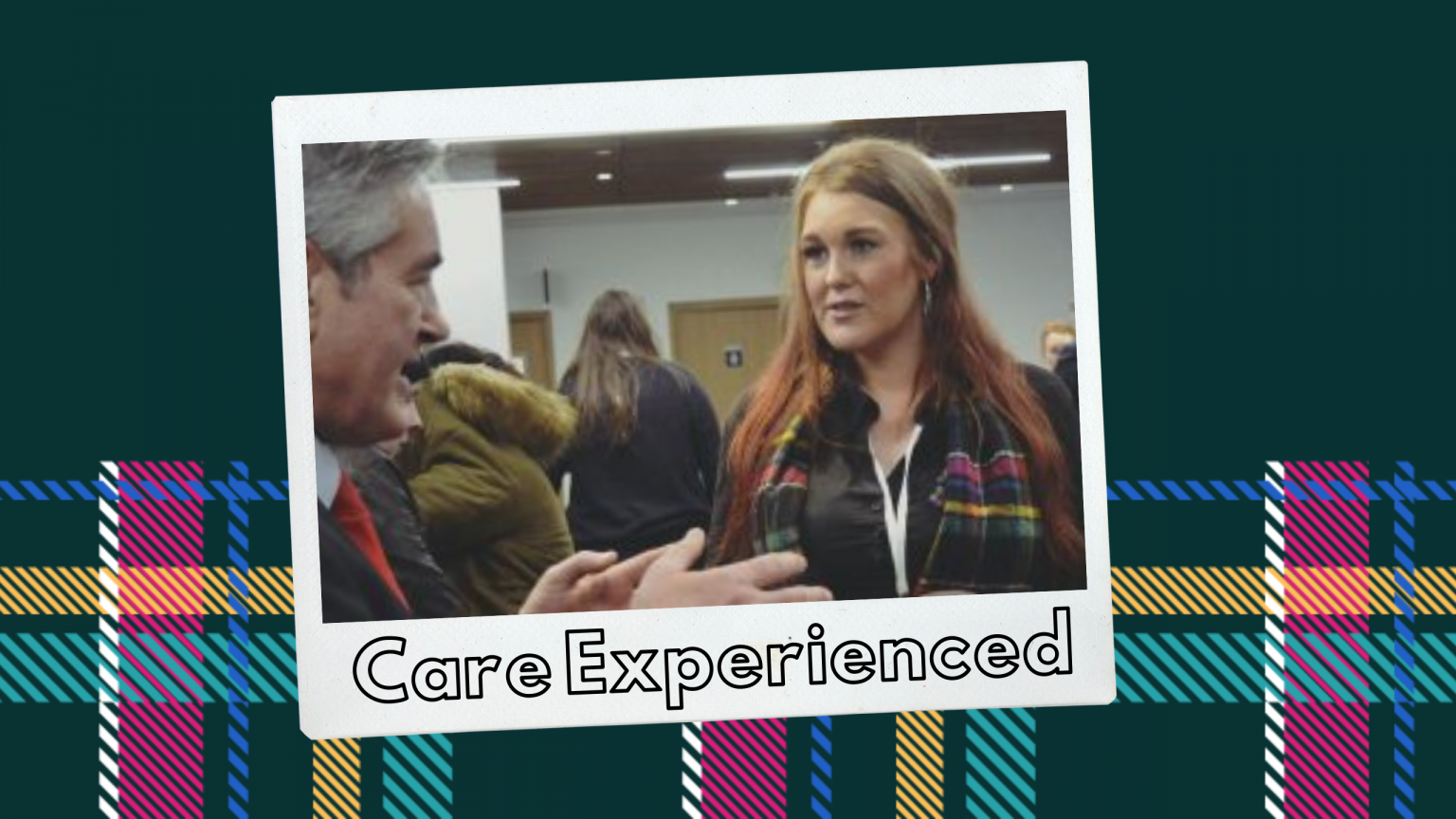Black History Month debuts on the first of October, marking itself as the perfect way to enter the fall season. As we embark into the cold nights, bright candles and blankets, many of us find ourselves reflecting on the year and what’s left of it. This favourable familiar feeling is what I think of when Black History Month comes to mind.
Within this reflective aura, I also find myself thinking about my childhood.
As someone who is mixed race, both white and black, I believe that bringing in different races and cultures into a community separate from oneself to be as beautiful as the leaves turning from green to orange.
Although it is different from what we know, we can still appreciate it for what it is. This sense of change can also be applied to my story as a little girl who was fostered (alongside her younger brother), by her permanent, white carers.
During this time, I noticed that my race was different to those around me, yet I never questioned the history that left its traces on my DNA. This disregard of history was evident when I first started to take an interest in my hair. When it came to the locks on my head, my first instincts were to straighten, dye, or make ridiculous adjustments to “tame” the hair I wasn’t taught to care for. This meant that my go-to hairstyle would often result in a scrapped-back bun and one massive sausage plait at the front of my face, (not a good look for any 12-year-old.) My foster mum noticed this last ditch for recovery and would encourage me to watch YouTube videos of other black girls doing their hair. On the rare occasion, I found a video and wanted to experiment, she would take me to TK Maxx to buy some extra moisturising conditioner. This is just one of the many examples that unveil the significance of caring for black hair. As a 22-year-old adult, I have only now discovered braids and other protective hairstyles, however, if it wasn’t for that first nudge, I wouldn’t have had the courage to take that leap.
Therefore, my first piece of advice would be:
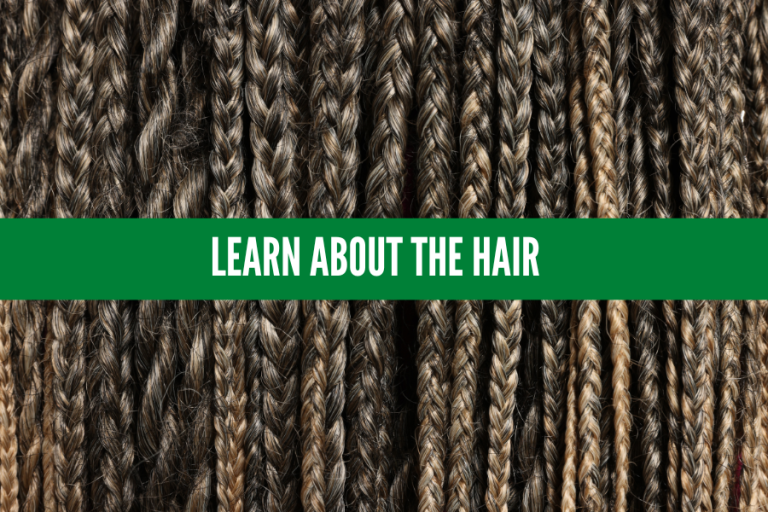
Black hair not only in its natural state, but in the way it’s been formulated, carries historical impact. Whilst non-Africans deemed natural black hair to be unkept and unmanageable, the Black Power Movement in the early 70s created popularity around natural hair in the community. Afros, braids, and kinkier hair began to be praised within the black community; these styles are known to date back to pre-colonial Africa. People who wore braids in certain ways would do so to signify age, wealth, class, and marital status. Yet many people even today are still ridiculed or misunderstood for these hairstyles.
It is important that in society today, these natural crowns are celebrated.
Being encouraged, celebrated and advised by your loved ones does go a long way, this was especially evident when my foster mum would try her best to understand my hair struggles. However, with this struggle came a loss of identity. True empowerment and uplifting arrives when someone takes the time to listen to those who experience life in a different way. My foster mum couldn’t walk in my shoes, viewing the lens of a mixed-race girl. Nevertheless, she tried her best to listen, always taking the time to understand my thoughts and opinions. In my teens, I would write poems trying to express my identity, my foster mum would sit patiently listening to every single one, praising me for my vulnerability. This free space allowed me to navigate the world and my place in it, using my voice to express my ideologies.
So, my second piece of advice would be to:
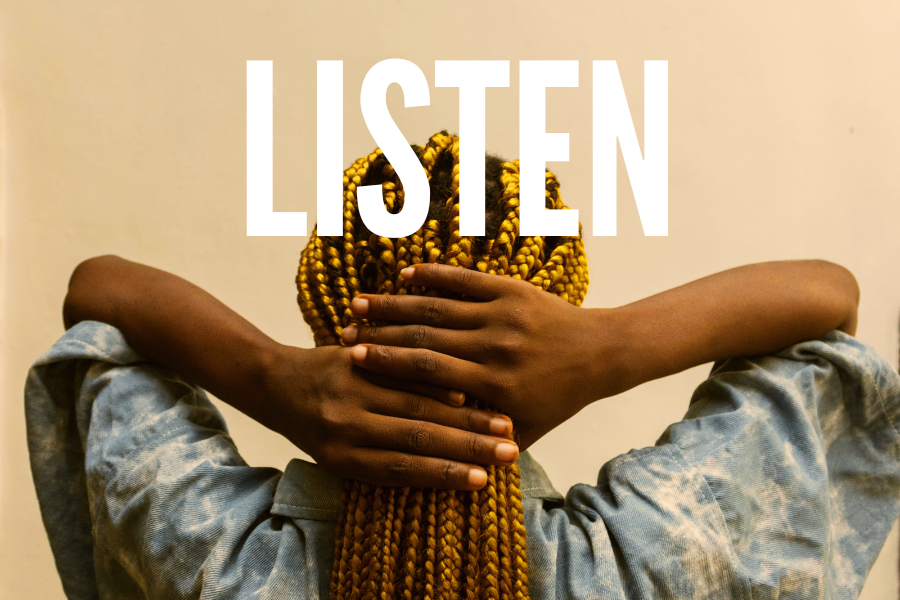
For years black people have been trying to find their voice in society. We all recognise the work of Martin Luther King, Malcolm X, and other iconic figures who used speech to educate. However, there are multiple different ways we can educate ourselves on the black experience. The civil rights movement is a great place to start, however Black History Month should also be about the future.
We can investigate the past as a way of amending what has gone wrong, however, it doesn’t hurt to invest time to listen to modern black experiences. Podcasts, YouTube and books are always a great place to begin.
My favourite podcasts are ‘Black Gals Livin’ and ‘Pressed’. If you feel like diving into fiction-history with personable aspects, I would highly recommend reading books by Langston Hughes, ‘The Ways of White Folks’, Nella Larsen’s, ‘Passing’ and Jessie Fauset’s ‘Plum Bun’.
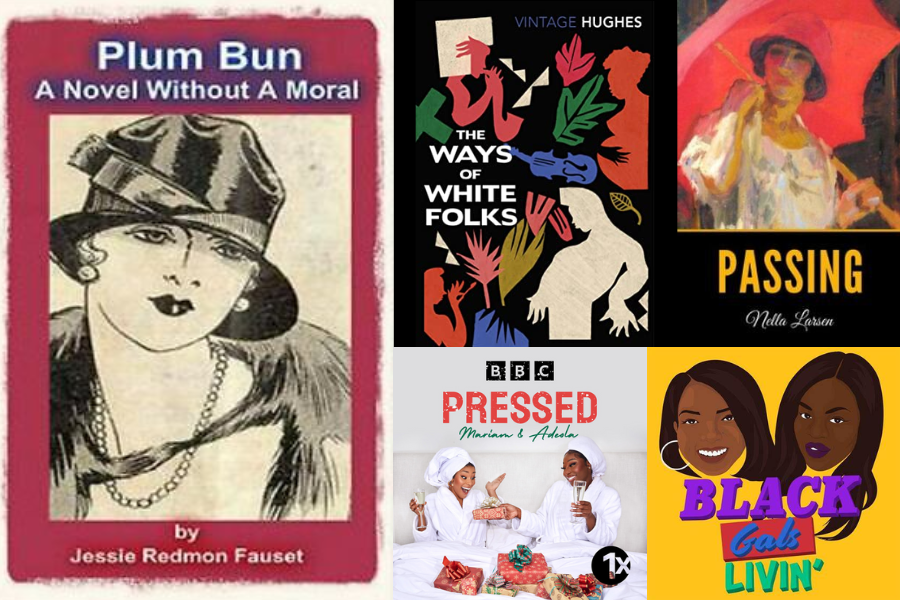
This being said, to listen doesn’t mean to be silent, as you may have heard ‘silence is compliance’. Once you feel comfortable, share all that you have learned.
Talk with others and help them engage in the knowledge you have found. This I learned from my foster sister, not only would she listen but she would always fight my corner when I found myself exhausted for overcompensating for the lack of knowledge from others.
During the 2020 pandemic, the Black Lives Matter movement gained attention due to George Floyd’s death. This sparked controversy among those around me. Overwhelmed by the media and opinions, I found myself emotionally drained, feeling the constant need to educate others, until it came to the point where I couldn’t find the energy to do so anymore. My foster sister then stepped up, educating herself (without having to be asked), she acted as a voice of reason when I couldn’t anymore, something I will remember forever.
My last piece of advice would be to:

Being an ally is no stranger to black history, whether this be through historical activists such as William Wilberforce, (the famous politician/leader of the UK’s abolitionists movement). He was known to help the abolishment of slavery, which came to a halt in the UK in 1807. In terms of modern activists, we can look to other figures such as the likes of author – Robin Di’angelo, who continues to write books on race identity. Di’angelo also explores how as a white person, she and everyone else can do better to understand how their privilege affects others. This can be investigated in her book ‘Why I Am No Longer Talking to White People About Racism’. Although a lengthy title, the book does a good simplification on how to start learning about white identity and its correlation to black people.
There is so much to learn about black history, please do not limit yourself to this month alone and then abandon your learning for the rest of the year. As leaves fall quickly, their beauty is only recognised for a certain time, do not apply this mentality to black culture.
If there is one thing to take away from this article, it is the need to constantly remind yourself why it is important to advocate for others.
Leah, (22) is currently undertaking her masters in multimedia journalism at Glasgow Caledonian, in hope of becoming a broadcast and news journalist. She also loves running, photography and baking at any chance she can get. If you’d like to see more of her work visit her website https://www.simplyflinty.blog/.




